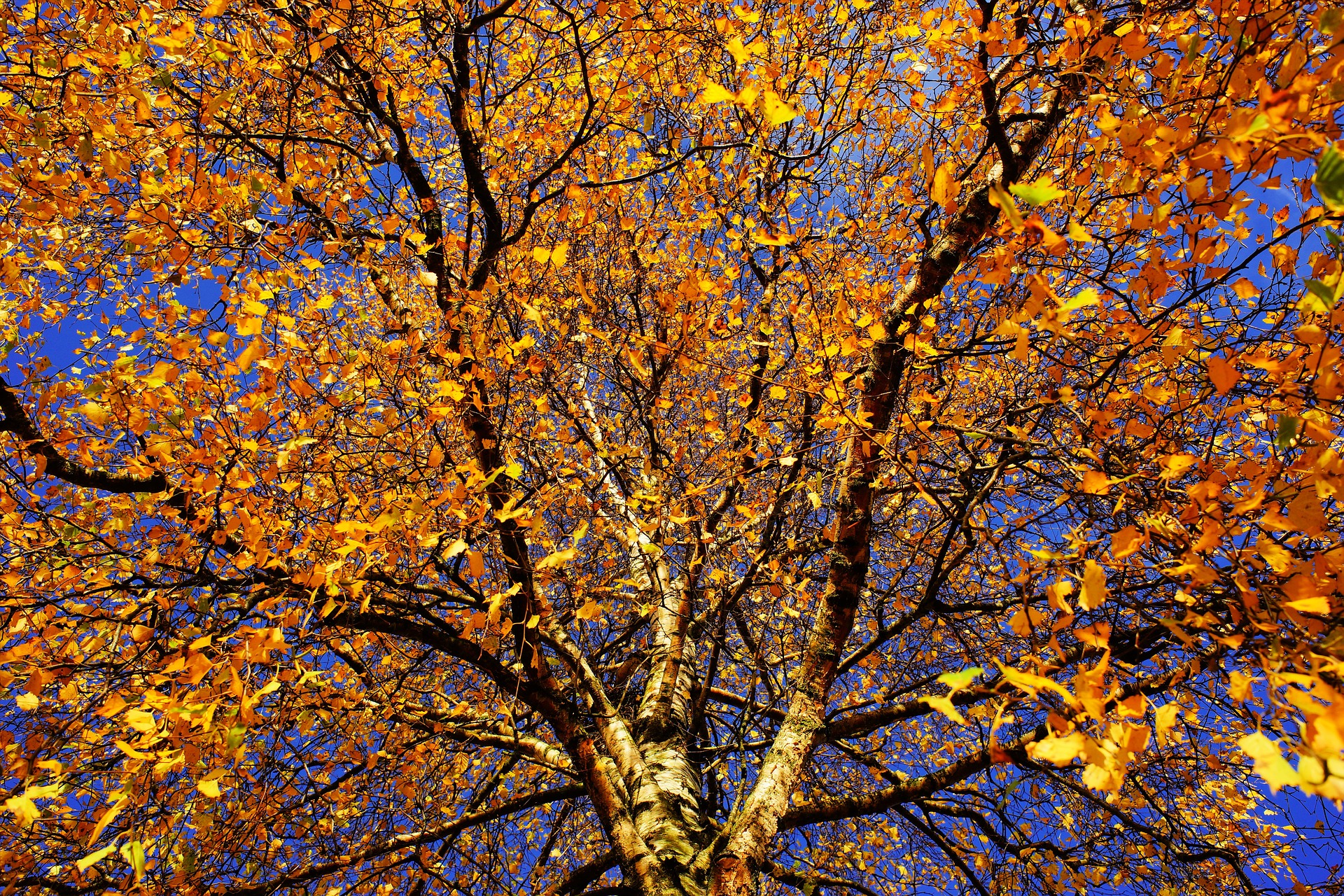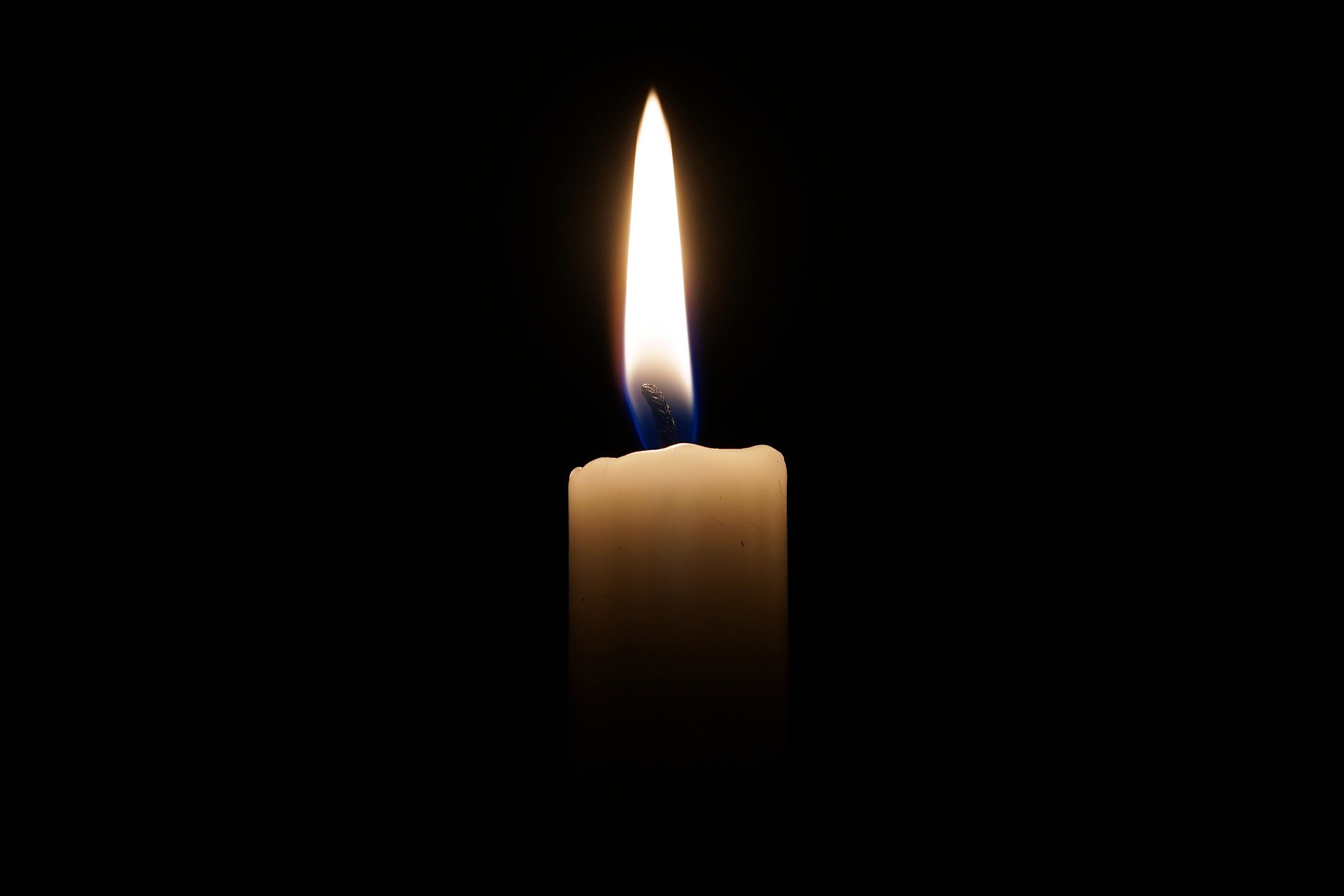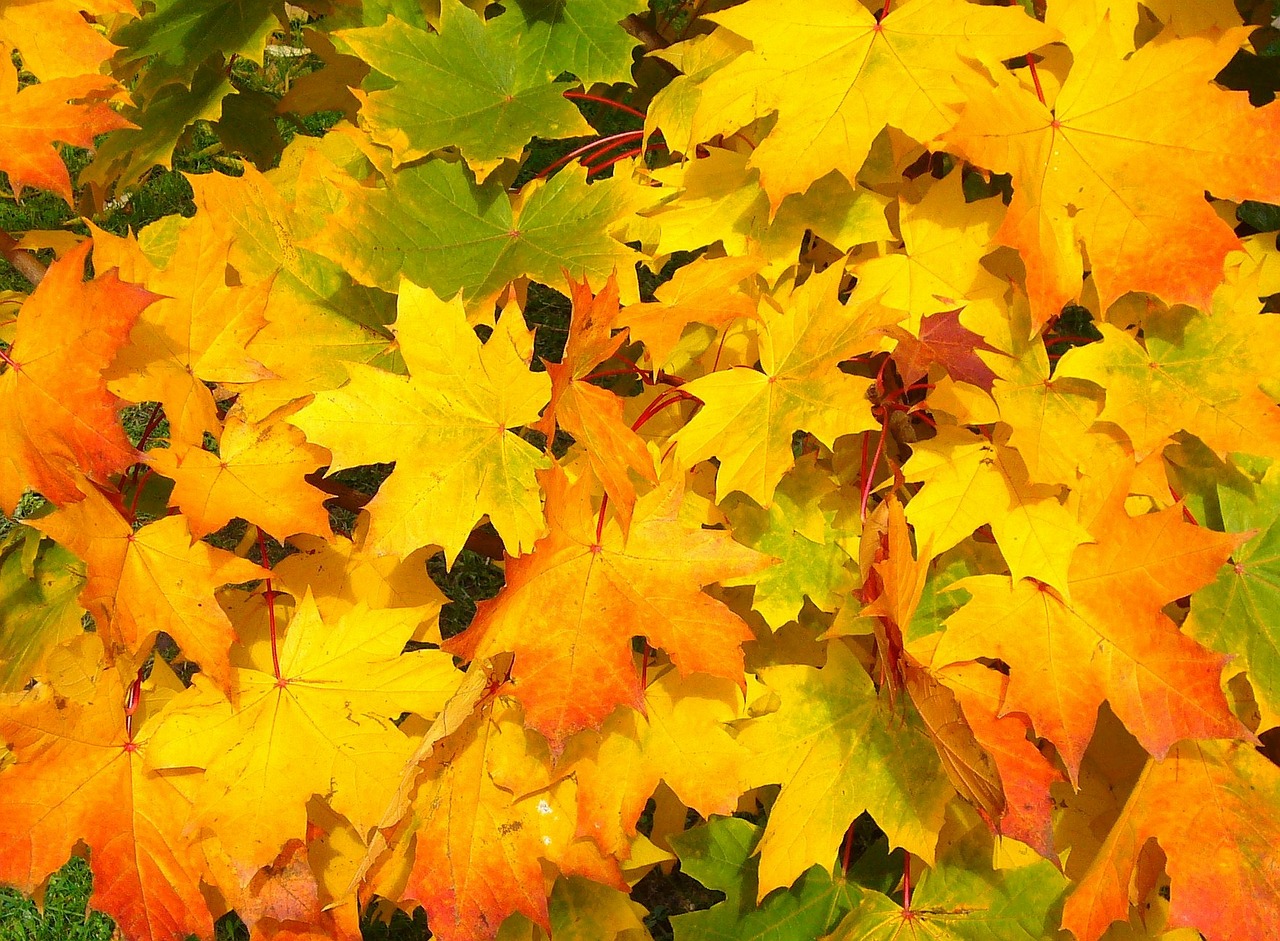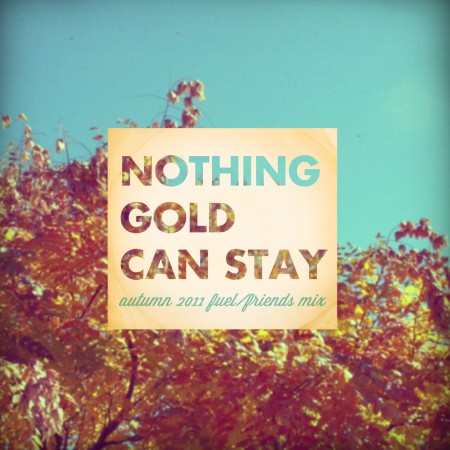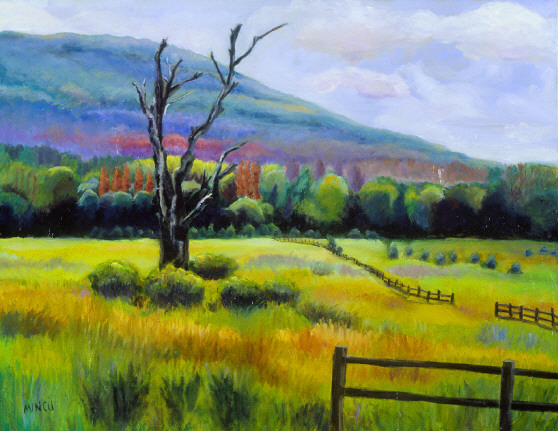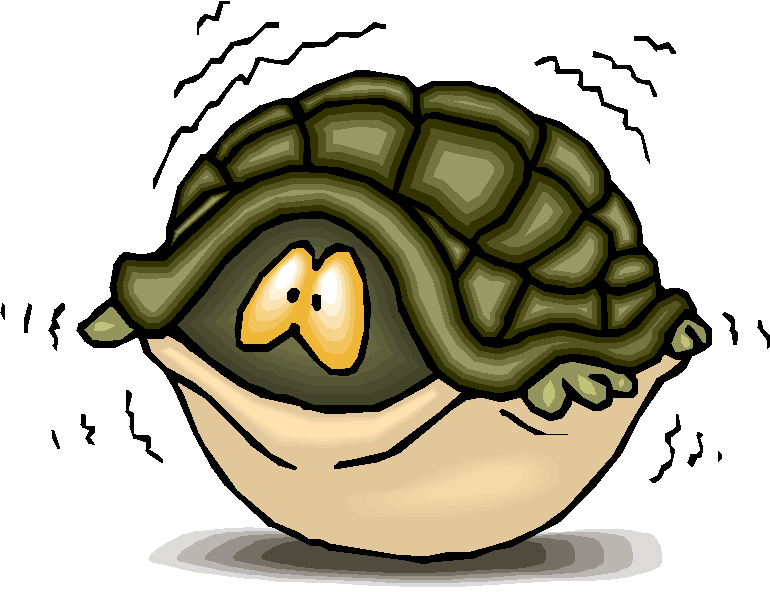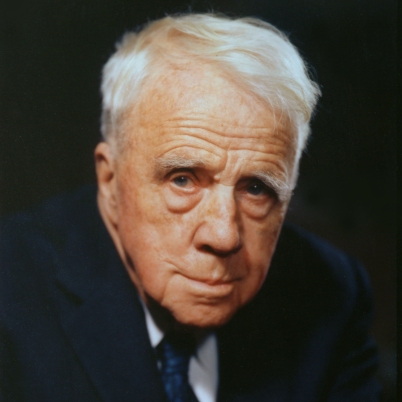An extremely precise and compact lyric, Fire and Ice traces the didactic tone of the speaker compressed into a terse and pithy language. The aim of the poet is aphoristic, where concise statements are packed with general or philosophical truth. The tone of the speaker is undercut with humor, wrath, passion, fury, objective detachment and indifference coupled with a direct address to his readers.
The poet holds debate between the causes that will lead to the eventual and inevitable end of the world. The cause-effect relationship is established through a binary- the functions called fire and ice. It seems the fate of the world is predestined by these two sole governing factors. And the poet forecast that our world will whimper away ‘either’ by fire ‘or’ by ice.
The judgmental tone of the speaker brings the readers into his perspective of contemplating the ultimate end. The word “some” captures the readers into the poet’s mindset and it seems it is not only the poet who has pondered upon such possibilities but out at large, the people of the world have hoped to be so. Thus the poet establishes the collective-consciousness. We are as if stuck in a hive awaiting the ultimatum.
The tone takes up the ironic stance when we realize that “fire” is symbolic to fiery passion or love that will eventually lead to death and destruction, and “ice” is symbolic to the cold calculative hatred that will eventually pierce our breasts leading to death. Thus, his approach is humanistic garbed by symbolic overtones.
We are made aware of the destructiveness that we inhabit and every excess leads to cataclysms. The poet takes up the first person narrative technique as he engages the readers in a cathartic experience of contemplating his sins of pride, envy or uncontrolled passion.
Two polar opposites are presented- love and hate. We seem to be governed by these two juxtaposed contraries. The contemplative tone of the speaker analyses that all human virtues that fall within this spectrum are somewhat annihilated but the vice of excess indulgence. And the poet with a mocking sympathy provides a consolation that the world will end not once, but twice. As if, we are compelled and dragged down into the realization that deaths are plenty, and we experience such excess of emotions in our daily life-cycles. This is the inevitable drama of human life and sadly history repeats itself.
In life and in art, love and hate are the governing factors and we are inevitably caught up in this brutal solace called paradox of existence. The poem condenses into the brutal last line where the poet shows us with no other alternative. Like the poet we have to participate in the inevitability of love and hate and have to let ourselves to rot till destruction overpowers creation.
In tandem with the philosophical thoughts, the poet expresses through his poem his contemporary scientific view that the world would be incinerated from its fiery core, or a coming ice age would destroy all living things. The poem is thus a blending of scientific and literary tone.
Some online learning platforms provide certifications, while others are designed to simply grow your skills in your personal and professional life. Including Masterclass and Coursera, here are our recommendations for the best online learning platforms you can sign up for today.
The 7 Best Online Learning Platforms of 2022
- Best Overall: Coursera
- Best for Niche Topics: Udemy
- Best for Creative Fields: Skillshare
- Best for Celebrity Lessons: MasterClass
- Best for STEM: EdX
- Best for Career Building: Udacity
- Best for Data Learning: Pluralsight


